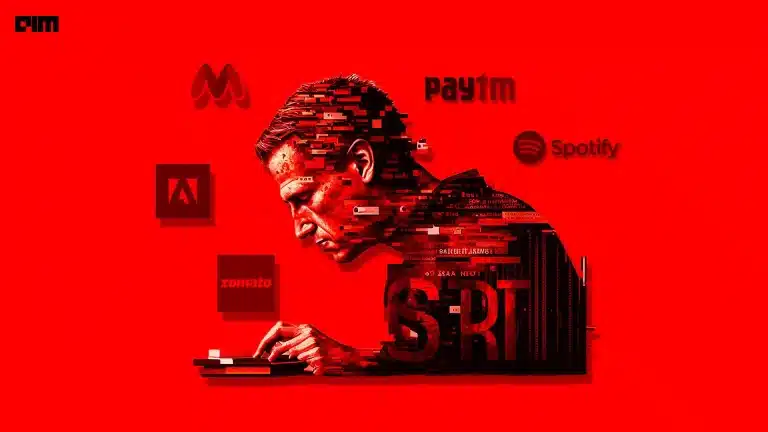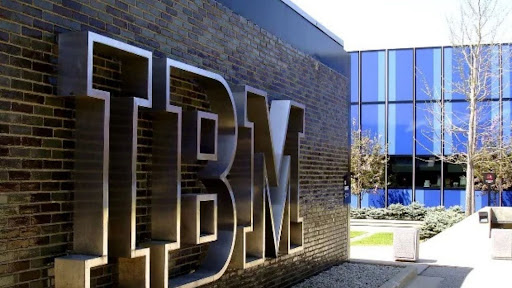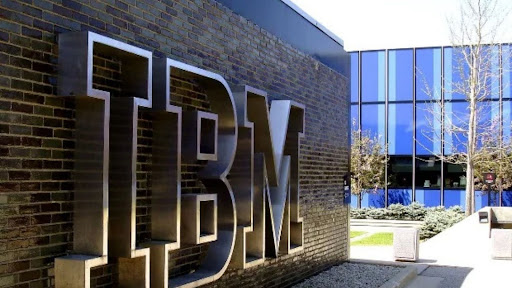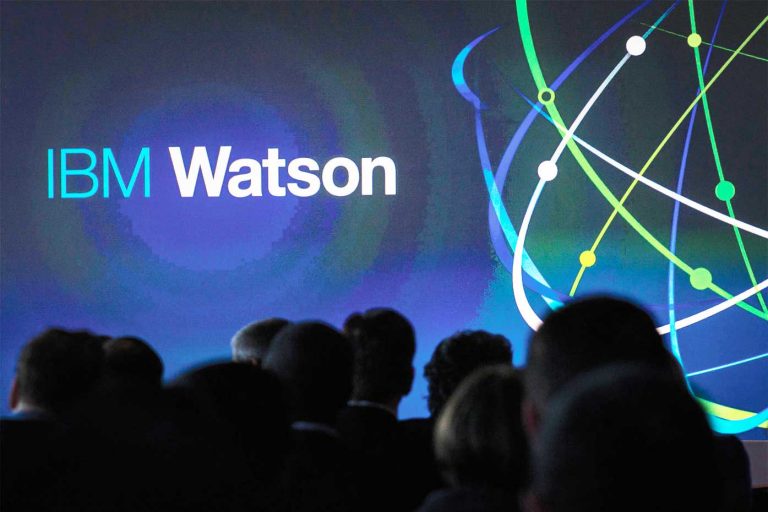Mastercard and McDonald’s announced an agreement for Mastercard to acquire McDonald’s AI company, Dynamic Yield. The terms of the deal were not disclosed, but the transaction is set to close in the first half of 2022.
For Mastercard, Dynamic Yield’s technology is an addition to their existing suite of services that help brands deliver trusted customer experiences across channels and effectively. Though the QSR has sold the company, it will continue working with Dynamic Yield and Mastercard on digital initiatives.
This sale actually comes after McDonald’s was considering a partial sale of Dynamic Yield earlier this year to offload the part of the business. McDonald’s had purchased the company in 2019 for a whopping $300 million and, within less than three years, agreed to sell it. Interestingly, with the purchase of Dynamic Yield, McDonald’s was even called ‘becoming a tech company.’ But the sale is not shocking.
In October this year, McDonald’s entered into an agreement with IBM to sell its McD Tech Labs for an undisclosed amount. McDonald’s had bought this company, too, in 2019.
McDonald’s tech-first approach
In 2019, the QRS invested a huge amount in acquiring tech companies. It acquired Dynamic Yield for $300 million. The company was a leader in personalisation and decision logic technology, which helped customers through the process of purchases and offered things they might want in order. This was applied to drive-thru locations, ordering kiosks, and mobile apps to maximise sales.
McDonald’s also entered into an agreement with Apprente, an early-stage leader in a voice-based conversational technology company, to provide customers with personalised experiences. The company had tested Apprente’s technology in some select locations and created voice-activated drive-thrus for faster, simpler and accurate order taking.
With this acquisition, the company created a Silicon Valley-based group called McD Tech Labs. The Apprente team was the group’s founding members. McDonald’s also said that they will hire more engineers, data scientists and other tech experts to expand the team.
According to the statements by the company management, these investments in emerging technologies were to give McDonald’s additional insights that rivals won’t have access to. The fast-food giant was at the forefront of many emerging restaurant technologies as it had self-order kiosks and drive-thru tech, and it would leverage technology to improve customer experience that can drive sales.
McDonald’s has also invested USD 3.7 million in mobile app developer Plexure. Plexure has been powering a version of McDonald’s Global Mobile App in 48 countries outside the US. Steve Easterbrook, President and Chief Executive Officer of McDonald’s, said during the announcement of this investment, “Across all of our markets, we’re using technology to elevate and transform the McDonald’s customer experience.”
All these purchases were a part of McDonald‘s spending of $1 billion for upgrades in 2019.
As the pandemic hit, McDonald’s found itself well-positioned to build on its prior digital innovations and create a user experience that was well-suited for the pandemic constraints. McDonald’s technology innovations gave customers ways to securely pay and personalise orders. The digital sales exceeded USD 10 billion, or nearly 20% of systemwide sales, in 2020, across the top six markets.
Then why sell the companies?
Under McDonald’s ownership, Dynamic Yield doubled its revenue and also expanded its customer base across verticals. The statement of the agreement with Mastercard said, “The acquisition by Mastercard will strengthen unique, existing synergies across McDonald’s digital engagement experiences, currently powered by SessionM and Test & Learn. In addition, McDonald’s plans to further scale and integrate Dynamic Yield’s capabilities globally and across ordering channels.”
The agreement statement of selling McD Labs to IBM also mentioned, “McDonald’s development and testing of Automated Order Taking (AOT) technology in restaurants has shown substantial benefits to customers and the restaurant crew experience… AOT will continue to be integrated into McDonald’s highly secure technology ecosystem.”
The sales involve selling off the tech companies, but not part from them. This reflects the fast-food giant’s larger effort to outsource its technology rather than owning and operating it.
During the Q3 2021 earnings call, McDonald’s CEO Chris Kempczinski was quoted saying, “There are certain times when it may make sense for us to go acquire a technology so that we can accelerate the development of that, make sure that it is bespoke to McDonald’s needs. But at some point, that technology reaches a level of development where I think getting it to a partner who can then blow it out and scale it globally makes more sense.”
Wrapping up
The sale of the technology acquisitions could also be a move to ease the tensions between the corporate and the franchisees. While the corporate team makes all the buying and sales decisions of McDonald’s, it is also being said that the franchise owners had put pressure on the giant to reduce technology fees. In July this year, McDonald’s announced that it was cutting the technology fees that it planned to charge US franchisees by 62%. The fast-food giant is one of the oldest QSRs and has sustained the pandemic too. The outcome of these decisions might get clearer in some months to come.


















































































